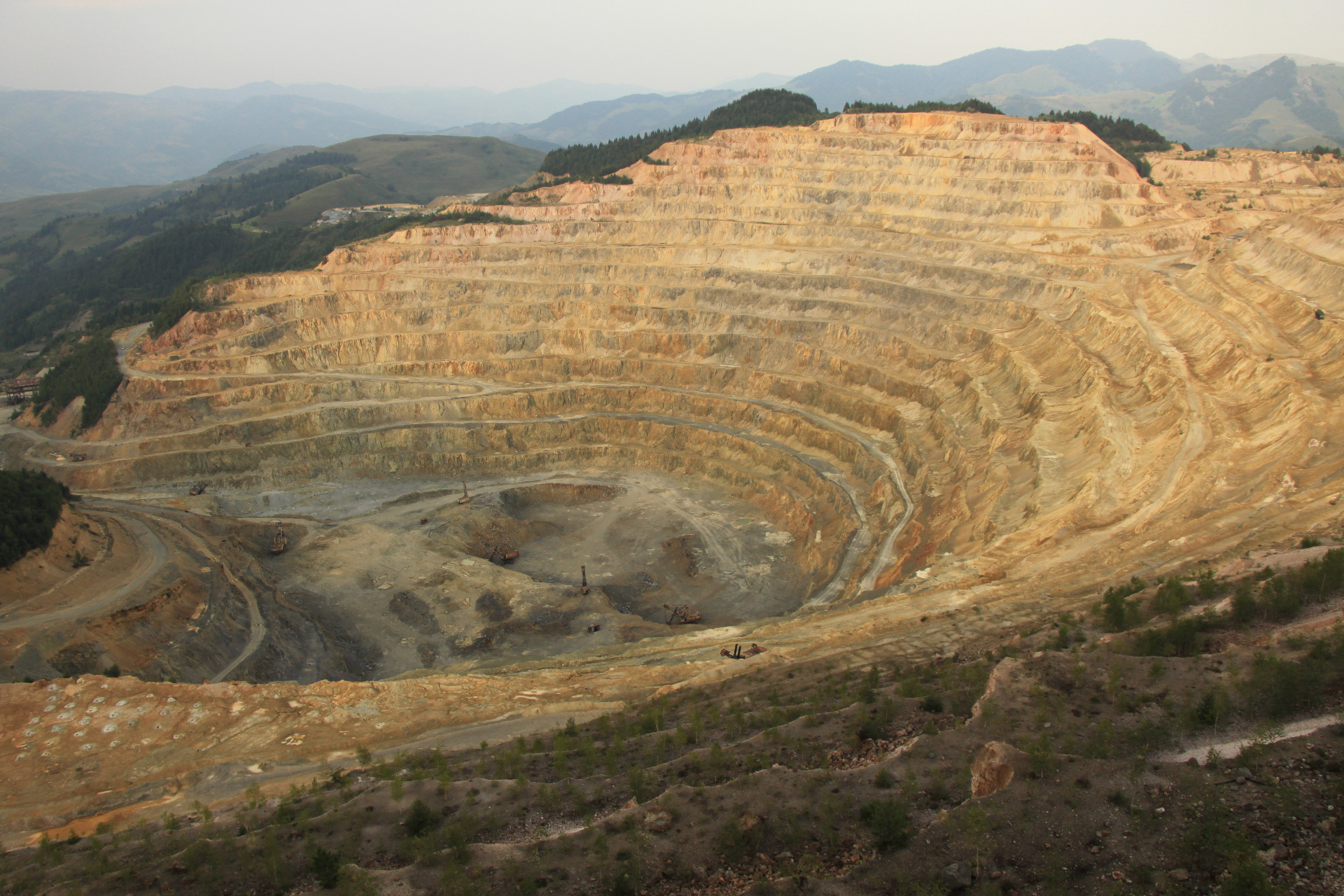While history of Norway's oil experience has garnered much attention, both nationally and internationally, there is another European country whose fate was once closely tied to the much-maligned fossil fuel - namely Romania. Today, Romania produces less than 100 000 barrels per day, but in the 1930s Romania produced nearly 90% of European oil...
News, thoughts and perspectives
from the Fate of Nations Research Group
Program for upcoming conference on "The Blockade in the Era of the Two World Wars" is now available
Full program
In both world wars, blockades constituted a key means of warfare, which impacted profoundly on the living conditions of European and non-European populations, on world trade, on major strategic decisions (like unrestricted submarine warfare), on neutrality, on technology and science, on war economies and resource management, and on...
From Warfare to Welfare to Free Download
One of the first edited volumes published by what would become the Fate of Nations research group, From Warfare to Welfare: Business-Government Relations in the Aluminium Industry is now available for free pdf from the Fate of Nations website.
Fate of Nations member is awarded a research grant for project on historical gender discrimination
In the latest round of FRIPRO-grants, the Norwegian research council has awarded Francisco J. Beltrán Tapia NOK 9,7 million (roughly € 1 million) for his project Missing Girls in Historical Europe. In this project, Fran and his team will examine the extent and impact of excess female mortality in infancy and childhood. This definitely calls for a...
A Global History of Copper
While the importance of copper for the modern industrial world and global economic development is undisputed, a broader overview and synthesis of the historical conditions and circumstances under which copper was extracted, traded and consumed remains up until now absent. Organised by Robrecht Declercq (University of Ghent), Hans Otto Frøland...
The author's workshop for the planned edited volume "A Global History of Copper" is due to commence in Trondheim on August 15, with fifteen papers presented over two days. To see the full program, click the link bellow.
Full program
Chile, with its long history of natural resource dependent economy, from salitre to el cobre, was an eminently suitable place to discuss the divergence between the economies of Latin America and Scandinavia. Despite their many differences, Sweden, Finland and Norway all started the 20th century as economies with similar levels of resource...
An archive trip to Port Moresby
Thanks to El Niño, Papua New Guinea was experiencing an intense heatwave and prolonged drought when I arrived in the capital early December 2018. Coming from a longer research stay in Australia, I was visiting Port Moresby in order to gather archive material for my PhD project about the country's mining history.
The new Fate of Nations anthology "The Political Economy of Resource Regulation: An international and comparative history, 1850-2015" was published on UBC Press April 1. To celebrate this little milestone, the group organized a book launch through the "Stay on Campus" lecture series on April 10, with presentations by editors Andreas R.D. Sanders,...
Top image: Monte Cristo Oil Co. c1910. Source: http: //www.loc.gov/pictures/item/2007661703










